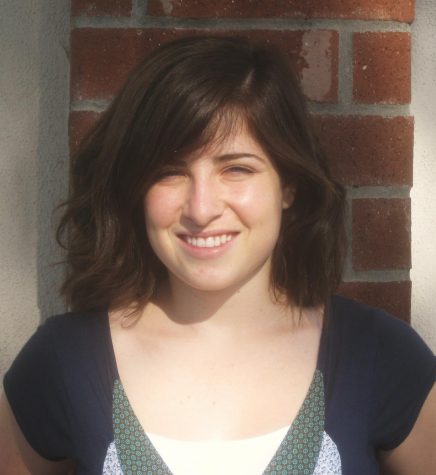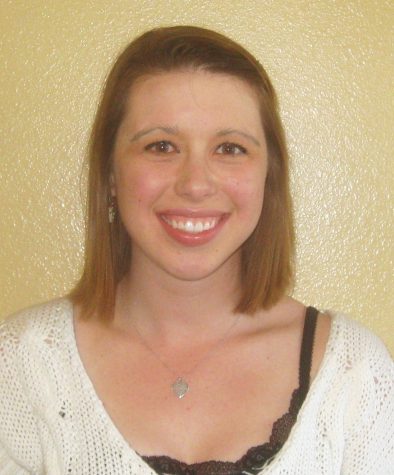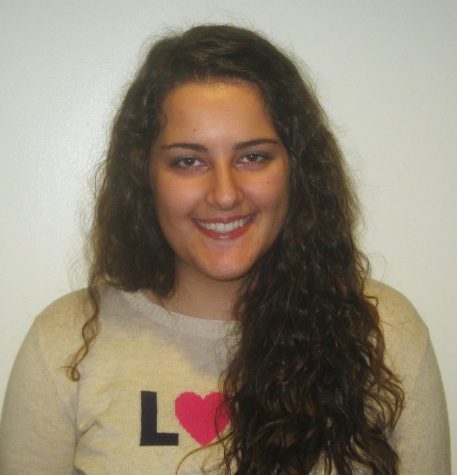Hanukkah or Chanukah—whichever way you spell it, the average person identifies this as the Jewish version of Christmas. However, many people don’t realize that this Jewish holiday’s roots that are just as rich and ancient as Christmas’.
History of Hanukkah:
The history of Hanukkah goes back to around 165 BCE after the Maccabees successfully revolted against the Syrians and seized the temple in Jerusalem. The Syrians had defiled the temple, so an eight-day dedication was necessary to purify it. A menorah needed to burn at all times during the purification, but there was only enough oil left in the city for one night. However, the menorah kept burning for all eight days. Hanukkah was instituted to commemorate this miracle and the rededication of the temple.
Hanukkah is a celebration that lasts eight days and nights. Every night one more candle is lit on the menorah, and blessings are said over them. Like Christmas, this is a family event where gifts are given and games are played. The family also feasts on latkes (fried potato cakes) and matzo ball soup.
Today Hanukkah is very similar to Christmas in that it is not a strictly religious holiday. Often, those who do not practice Judaism but have Jewish heritage celebrate Hanukkah. Some Biola students with Jewish heritage also celebrate Hanukkah. The three following students all have backgrounds as Messianic Jews. Each celebrates Hanukkah with her family in different ways, and they all have different cultural and religious awareness because of their heritage.
Dvora Kasdan: Enjoying Hanukkah

Dvora Kasdan, a sophomore humanities major, celebrates only Hanukkah. Her father is a Messianic rabbi, so he felt that their family should not participate in Christmas. Instead, every year they have a big Hanukkah celebration at their house, where they give one another gifts and spend time with each other as a family.
This year, Hanukkah was December 1st through the 9th, so she was not able to make it home to be with her family. She said being away from her family was not easy. Kasdan said her favorite part of Hanukkah is “just the joy of the season.”
Kasdan said that to her, Hanukkah is the least religious Jewish holiday. She said, “It was my favorite when I was younger because my parents made it really similar to Christmas as far as presents go.” Now Kasdan sees more meaning in the holidays such as Passover, which she says most clearly represents Jesus.
Kasdan also gave a picture of what a typical night of Hanukkah looks like for her and her family. She said that during sundown, they light the menorah and sing blessings over the candles. Then they sing a few traditional Hanukkah songs and eat dinner. Afterwards, they open presents and play with dreidels. Overall, Kasdan’s celebration of Hanukkah is very traditional, and has not been heavily influenced by Christmas.
Havilah Steinman: Meshing the two into Chrismukkah

Havilah Steinman, a junior political science major, has a less traditional approach to Hanukkah. She and her family celebrate what is affectionately known as Chrismukkah, a combination of the two holidays. Her home is usually decorated in blue and white, as well as red and green. She celebrates Hanukkah fairly traditionally; her family lights the candles each night and eats latkes together.
Steinman’s father was part of the Jesus Freaks movement of the 1970s, where he found faith in Jesus and was converted to Christianity. His parents are still practicing Jews; Steinman said that her heritage has given her a heart for sharing the good news of Jesus with those in her family that still practice Judaism.
Steinman also said that until she came to Biola, she wasn’t very in touch with her heritage as a Jew. She said, “Being away from home strengthened me in my ethnicity. When I came to Biola, I had to explain my heritage so often.” Studying the Pentateuch in her Torrey classes helped her understand her people on a deeper level as well. However, Steinman has found that being away from home during Hanukkah was not that difficult. “Honestly Christmas is just more fun,” she said laughing.
Haley Chafé: Celebrating Christmas

Haley Chafé, a junior ICS major, mostly celebrates Christmas. Her mother grew up in a traditional Jewish home; Chafé’s father introduced her to Christianity. Chafé said that when she was younger her grandmother lived with her family. She taught them all how to make the traditional Hanukkah food, and she also made sure that they celebrated the holiday together.
However, after she passed away, the family gradually lessened the elaborateness of their celebration. Chafé said that when they do celebrate Hanukkah, it consists of lighting the candles, reading the story of the Maccabees, and eating latkes and matzo ball soup. She said that since she was gone this year, they will probably celebrate the holiday during the break.
Chafé also feels that her heritage has given her understanding and a heart for her unsaved relatives. Globally, though, she has a burden for Jews all around the world. Chafé says “Being Jewish gives me more insight into how Jews think and what their heart is.” She is considering an internship this summer that will take her to Israel.
All of these ladies have found a deeper identity in Christ through their Jewish heritage. Whether they celebrate Hanukkah or Christmas or both, they all have a common heart for those of their ethnicity who don’t know the good news of Jesus. Hanukkah and Christmas celebrations are both important reminders to them of the importance of their faith.







